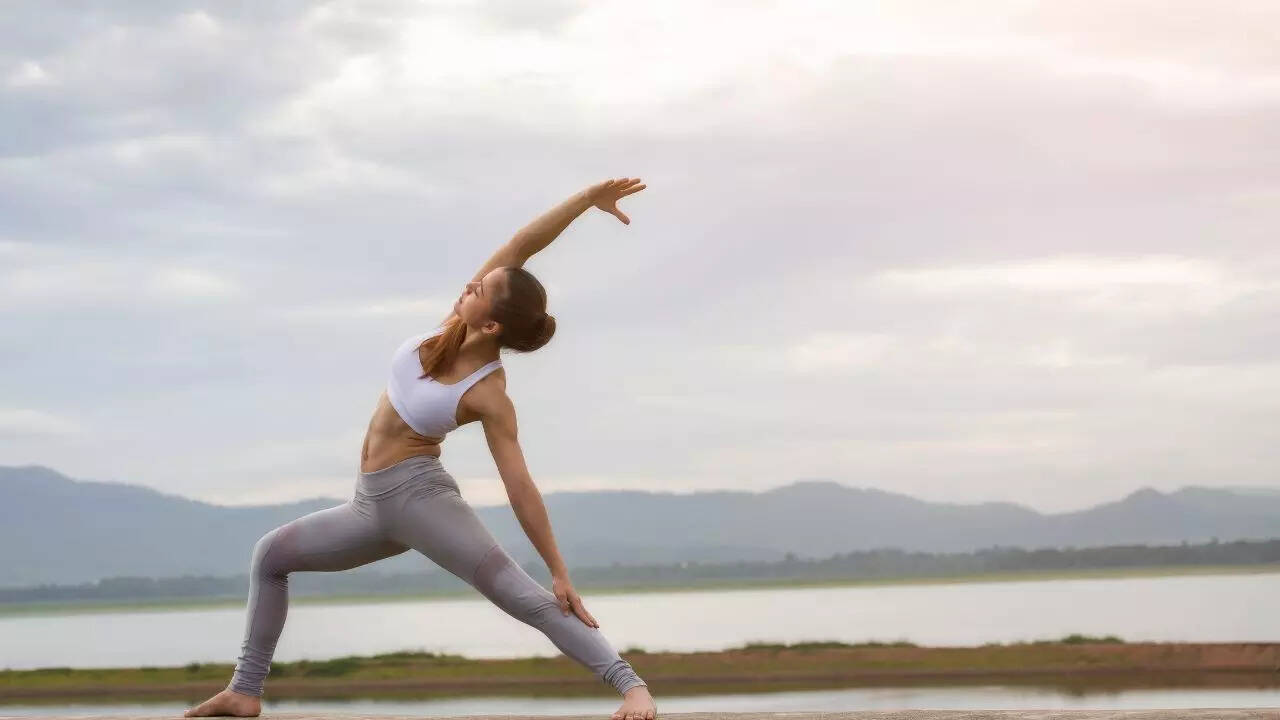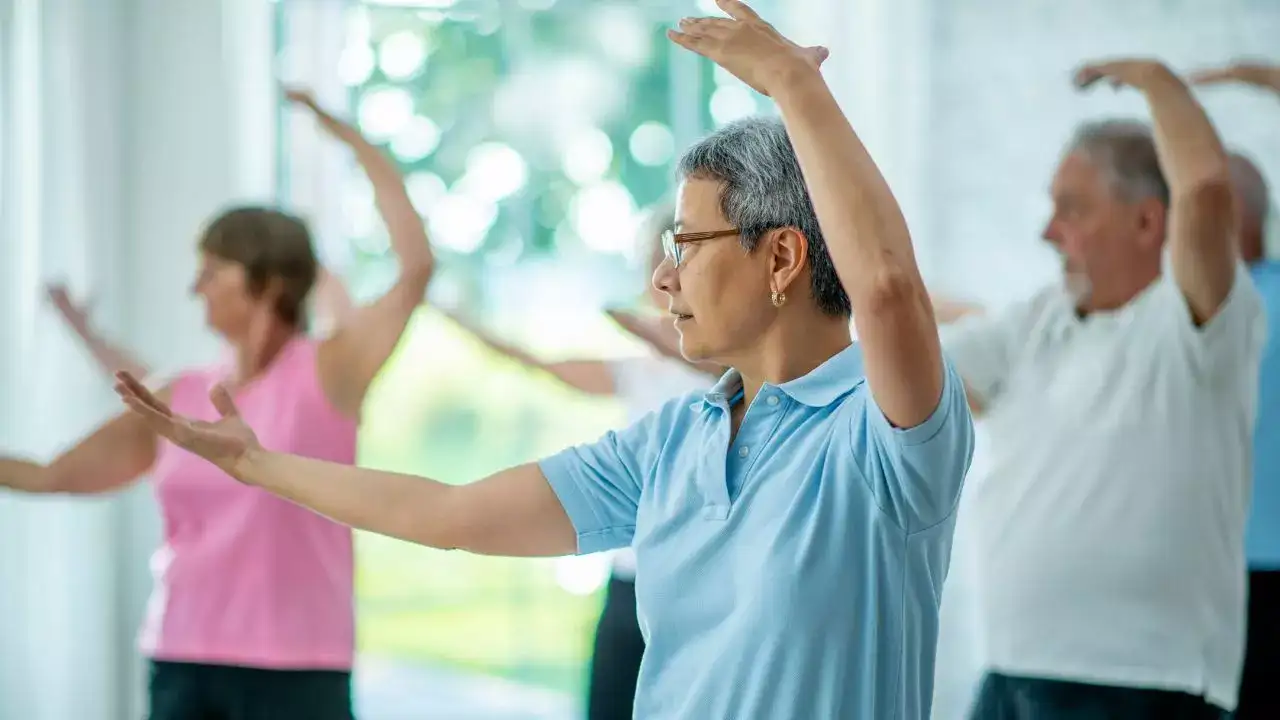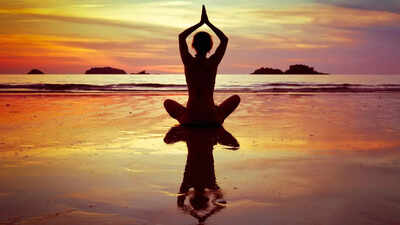Struggling to fall asleep or stay asleep through the night? You’re not alone. Insomnia now affects over 16% of people around the world, and it’s only getting worse with today’s busy, stressful lifestyles. While therapy and sleep medications can help, they’re not always easy to access. A new study shows that simple movement-based practices like yoga, tai chi, walking, and jogging could be just as effective. These ancient, natural remedies don’t just relax your body; they also help reset your sleep rhythm. If you’re looking for a gentle, affordable way to sleep better, these time-tested techniques are worth trying.
Global insomnia statistics: Why the world is struggling to sleep
Insomnia is no longer a personal issue; it’s a widespread health concern. Recent research reveals that 16.2% of the global population suffers from insomnia, and around 8% deal with more severe forms of it. In the United States, the CDC reports that 14.5% of adults experience chronic sleep difficulties.Traditional treatments such as CBT-i are highly effective but often require structured sessions with trained therapists. For many, the cost and availability of this therapy are barriers. This is where physical activity, particularly gentle and mindful forms like yoga, tai chi, walking, and jogging, may offer a promising solution.
Study reveals yoga and tai chi improve sleep quality naturally
A 2024 meta-analysis published in the journal Nature and Science of Sleep explored how various physical activities impact sleep. It concluded that regular participation in yoga, tai chi, walking, and jogging significantly improves sleep quality, sometimes even rivaling CBT-i.
- Yoga for insomnia was found to increase sleep duration by up to two hours and improve sleep efficiency by 15%, thanks to its focus on mindfulness, breathwork, and relaxation.
- Tai chi for better sleep, a slow and meditative martial art from China, showed long-term sleep improvements that lasted up to two years with consistent practice.
- Walking and jogging, though more aerobic, were linked to reduced stress, improved mood, and a more stable circadian rhythm, helping regulate your natural sleep-wake cycle.

How gentle exercises help you sleep better
What makes these practices effective is their impact on the nervous system. Yoga and tai chi reduce activation of the sympathetic nervous system, your “fight or flight” stress response, and instead stimulate the parasympathetic nervous system, which helps the body relax and prepare for rest.Aerobic activities like walking and jogging also help by
- Lowering cortisol (the stress hormone)
- Boosting serotonin and melatonin (sleep-regulating hormones)
- Reducing anxiety and depressive symptoms
- Reinforcing your internal body clock

Why natural sleep remedies like yoga and tai chi are so effective
One of the most encouraging aspects of these findings is accessibility. Unlike therapy or medication, yoga, tai chi, walking, and jogging require little to no cost and can be done in your living room, neighbourhood park, or even during a lunch break.They also provide wide-ranging health benefits, including
- Better cardiovascular function
- Improved balance and flexibility
- Enhanced mood and mental health
- Lower risk of chronic diseases
These lifestyle-based solutions address the root causes of insomnia rather than masking symptoms.

Lifestyle habits that may be ruining your sleep
Modern sleep struggles often stem from overstimulation and irregular habits. Some common culprits include
- High-stress jobs and work-from-home burnout
- Too much screen time, especially before bed
- Irregular sleep schedules
- Exposure to artificial light at night
- Overthinking and anxiety about not sleeping
Ironically, worrying about sleep can itself worsen insomnia. In this context, gentle movement practices help introduce structure, calm, and body awareness, creating a healthier sleep environment from within. The growing body of research shows that natural movement-based practices can be a low-risk, highly effective solution to insomnia. Whether you’re aiming to sleep more soundly without medication or improve your overall wellbeing, incorporating yoga, tai chi, walking, or jogging into your daily routine could make a lasting difference. Small changes in movement may lead to major improvements in your rest. And in the long run, that could translate to a better mood, sharper focus, and a healthier life.Also Read: Strong calves, your clue to a long life: 7 simple exercises to build strength and stability






